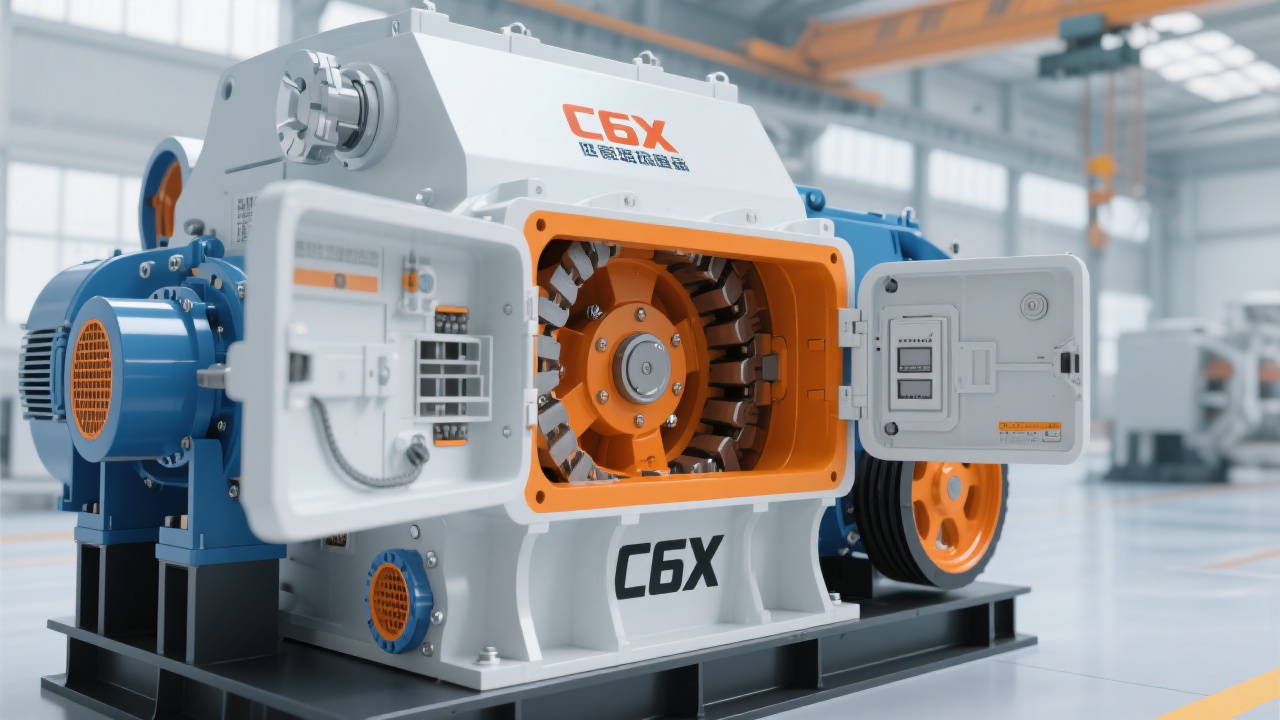
In the mining and construction sectors, terrain variability often dictates equipment performance—not just efficiency. Traditional tracked crushers struggle with uneven ground, steep slopes, or soft surfaces like wetlands, leading to downtime, safety risks, and suboptimal output. Enter the intelligent tracked mobile crusher—a system designed not only to handle complexity but to thrive in it.
Unlike older models that rely on fixed gear ratios or manual throttle adjustments, modern intelligent control systems offer stepless speed variation, allowing operators to fine-tune machine response based on real-time conditions—from hard rock to muddy terrain. In field tests conducted across mountainous regions in Indonesia and Brazil, this feature reduced operator fatigue by up to 40% and increased continuous working hours from an average of 6.2 to 8.7 per day.
| Feature | Traditional Crusher | Intelligent Tracked Crusher |
|---|---|---|
| Speed Adjustment | Manual / Fixed Gears | Stepless Electronic Control |
| Operator Fatigue (Daily) | High (avg. 4–6 hrs) | Low (avg. 8–10 hrs) |
| Downtime Due to Terrain | ~18% of total shift time | ~6% of total shift time |
The key to reliability isn’t just smart software—it’s smart engineering. The climbing drive system combined with a boat-shaped steel chassis ensures stable operation even at inclines up to 35°, which is critical for projects in hilly or riverbank areas. One client in Peru reported a 30% reduction in maintenance costs after switching from conventional units to this design, primarily due to fewer wheel slippage incidents and improved load distribution.
What sets these machines apart is their ability to adapt without human intervention. For example, when the system detects resistance spikes during crushing, it automatically adjusts torque and feed rate—a function that has cut unplanned stops by nearly 25% in operations monitored over six months.

For site managers and procurement officers evaluating new equipment, the value goes beyond immediate productivity gains. With better control comes more predictable throughput, easier compliance with safety standards, and improved worker satisfaction—all factors that contribute to long-term operational excellence.
One Australian quarry manager noted that since adopting the intelligent tracked crusher, they’ve seen a measurable improvement in team retention rates. “It’s not just about the machine,” he said. “It’s about how easy it is to operate—and how safe it feels.”
If you're assessing options for your next crushing project in challenging environments, consider what smart controls can do—not just for production, but for people and processes.
